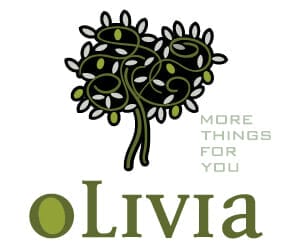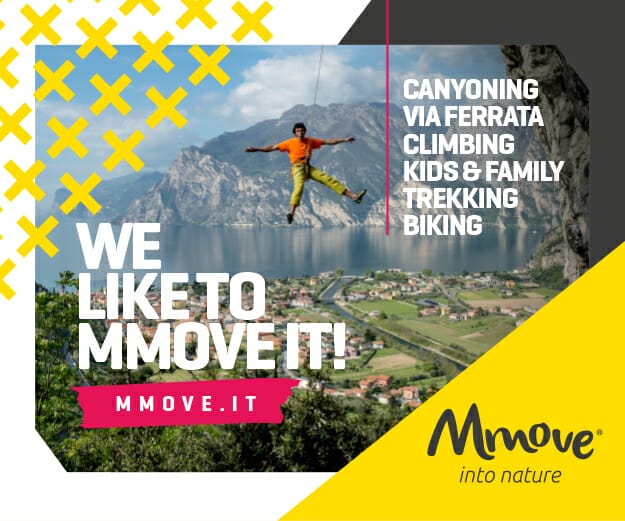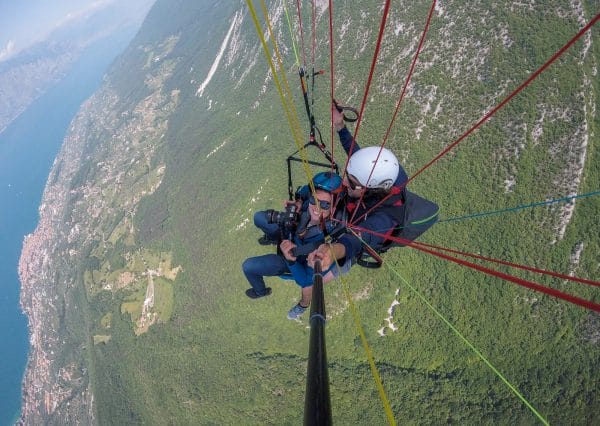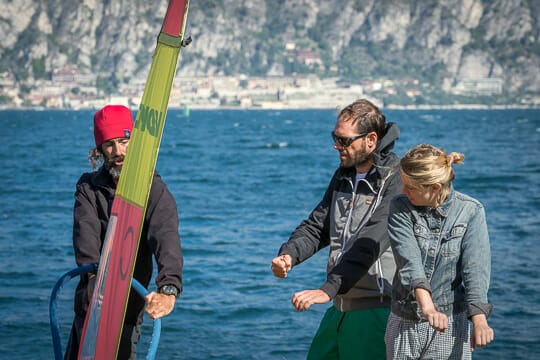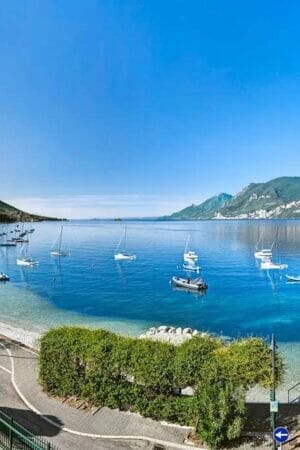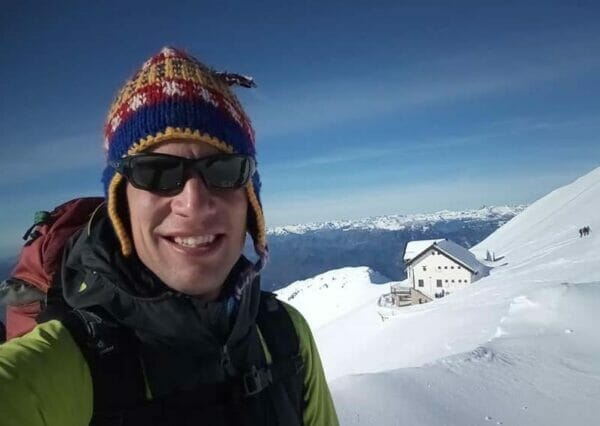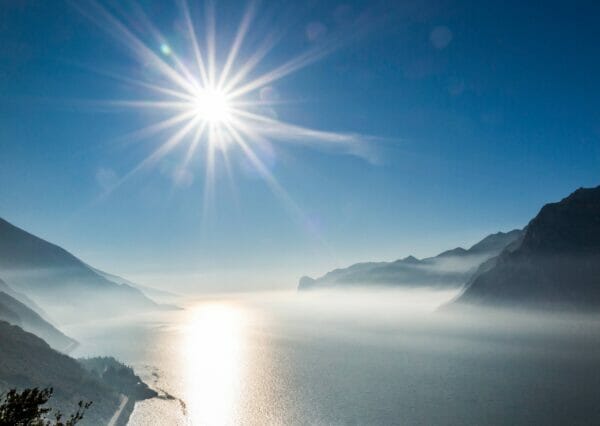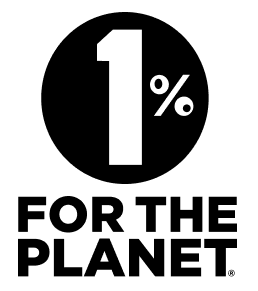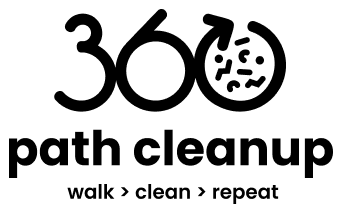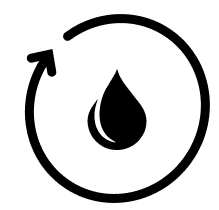To really enjoy your day in the mountains without too much fatigue.
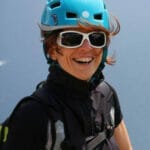
Angela Trawoeger
Creator, photographer and content manager

I asked Chiara Regiolini, nutrition, nutraceutical, naturapathic and self empowerment coach, what one should eat and drink before and during a day’s trekking in the mountains, to get the best out of a day of sport without drops in energy or feeling ill.
Let me present Chiara to you
I have known Chiara for years: from the first #4girlsonly kite camps with Alice Brunacci which she organised at her kite-surfing school in Lake Garda, to the kite tours and photo sessions with locals and pros of the moments such as Cesar Portas.
She’s always been super-sporty, a snowboard teacher and kite-surf instructor, Chiara is hard working, empathetic and cheerful, and, a bit like me, needs colours and nature’s energy to feel good.
In 2014, she changed direction and became a nutrition, nutraceutical, naturapathic and self empowerment coach. Today, Chiara helps people to rediscover and keep their best state of health, well-being and balance, both mental and physical.

What’s best to eat and drink in the morning before setting off for a day’s trekking?
I always advise people to have a good breakfast, if you are used to having one, that should be a balance between protein, good fats and a bit of wholemeal carbohydrate (not too processed) with some fruit or a mix of red fruits or one or two slices of wholemeal bread. This way you avoid too much glucose and its effect of making you hungry again after a couple of hours.
What we are looking for is to satisfy your hunger long term with a good source of energy that will let you walk for hours without having to eat all the time.
You can drink what you like: I only recommend you to stay away from vaccinated cow’s milk which isn’t natural for our body and can create inflammation.
Partner
A couple of breakfast examples:
Example no.1
- Greek yoghurt (which is good to eat all the time) with at least 5 – 10% fat, not 0%
- Shelled Nuts such as almonds, hazelnuts, walnuts, macadamia nuts and others.
- Mixed red berries
- Organic honey
- Tea, Coffee, Herbal tea or vegetable milk
Example no.2
- 2 soft boiled eggs, poached or fried in butter or ghee
- Some avocado with pink Himalaya salt (rich in minerals) and lemon
- A handful of mixed red berries or else some fruit that is in season
What should I put in my backpack to drink and eat?
Let’s start with drinks. I recommend that you take at least 2 litres of water that you can refill. If it’s a hot day, it’s really important to replace electrolytes such as sodium, magnesium and potassium and an easy way to do this is mix 1 litre of water with 1/4 teaspoon of pink Himalaya salt and some lemon juice in a flask.
It is more important to remember to rehydrate than to eat.
One’s body has various stores of fat that it can use as energy, but when we are short of liquids and electrolytes our general and muscular performance is diminished and it becomes more difficult to keep going.
An alternative are the commercial powders of magnesium and potassium that you can dissolve in water. Try and get these from a natural products shop. Often you will find that ‘sports’ powders have sugar and synthetic elements added that are of no use to our body and aren’t good for us.
For food, especially if you are thinking of stopping to eat in a Refuge and based on how long and difficult your day is likely to be, decide what to take to eat.
If you have decided to take a packed lunch with you, take some dried fruits, fresh fruits or nuts with you as well.
If you are taking a packed lunch or breakfast, take a full meal (weighed if possible) that will satisfy your hunger without weighing you down, that contains that necessary sources of energy to keep you going and focussed and that will replace the vitamins and minerals used up by your muscles.
Therefore:
- Chunks of chicken or some lightly boiled eggs or a tin of tuna or mackerel for some protein.
- Some avocado for fat (it’s difficult to take a bottle of oil up the mountain!)
- Some sliced vegetables such as carrots or courgettes
- A couple of slices of wholemeal bread or, although it’s less practical, some wholemeal rice or quinoa or other wholemeal cereal.
- Some fresh fruit
Thus you have a well balanced meal that will keep you going in great style.
However practical a sandwich may be, it’s not as well balanced and can raise your glycemic level higher that you need. Thus in a couple of hours you will be hungry again.
So you need to prepare your food the evening before you walk but you could just cook more dinner than you need to have a portion over for the next day.
Every one of us is different and has different digestive systems and performance. Therefore you need to try out different meals and snacks to see what works for you, but try to base them on my recommendations.
Partner
Can you eat more on the morning of a day’s walking?
You can do this if you eat lots for breakfast and then wait a couple of hours before starting your walk. If you are used to walking or doing sport, don’t overdo the eating if you haven’t got 2 hours to spare before starting your walk. You don’t want to compromise your walk by having indigestion or making the walk more difficult than it is.
During digestion your blood is concentrated around your digestive organs and not in your arms and legs so you can’t really exert yourself at that time. When we are stressed our digestion can get a bit blocked and give us pain. So, if you are starting your walk early, it’s not sensible to have too much to eat.
What is best to drink, how much and how often during the day?
As I mentioned before, take a water, Himalaya salt and lemon drink with you to replace the electrolytes that you use. This is a good energy drink that gives the body what it needs during a hard walk and I advise you to drink lots of this when you have finished exercising.
Drink when you are thirsty. Remember that exercise can delay the instinct to drink so try and drink water every half hour especially when it’s a hot day.
Is it true that alcohol warms you up in the mountains?
No. Alcohol dilates your arteries and can give you the sensation of warmth but alcohol dehydrates your body and you are not advised to drink alcohol during sports activities.
Is it true that drinking lots helps to prevent muscle ache the next day?
Definitely! Especially if the water contains sodium, magnesium and potassium. Keeping your muscles and cells hydrated allows your body to recover from exercise quicker.
How do I avoid a drop in energy?
If you have eaten well, with full meals and the right hydration and you don’t suffer from hypoglycemia or diabetes, you are unlikely to suffer from a drop in energy.

And if I do have an unexpected lack of energy?
You should eat some dried fruit and drink some water.
But dried fruit contain fat so how much can we eat?
Partner
Dried fruit contain good fats which our body recognises and uses in the most effective way. Obviously 50g of almonds at a go, for example, could be hard work to digest!
What’s best to eat at the Refuge to restore energy without being too heavy?
Normally the dishes prepared in a Refuge are well balanced, but if you want a very well balanced meal with all the micronutrients (proteins, fats, carbohydrates) you could choose sausages with polenta and mushrooms or sauerkraut, or otherwise eggs, ham and potatoes or a vegetable soup with sliced cheese.
Portions of carbohydrate such as polenta, potatoes and similar, are normally generous and when eaten together with a lot of sauce can be heavy and cause heaviness. I advise you to not over eat!
Thanks Chiara
Thanks to you too, Angela and good walking to you all!



